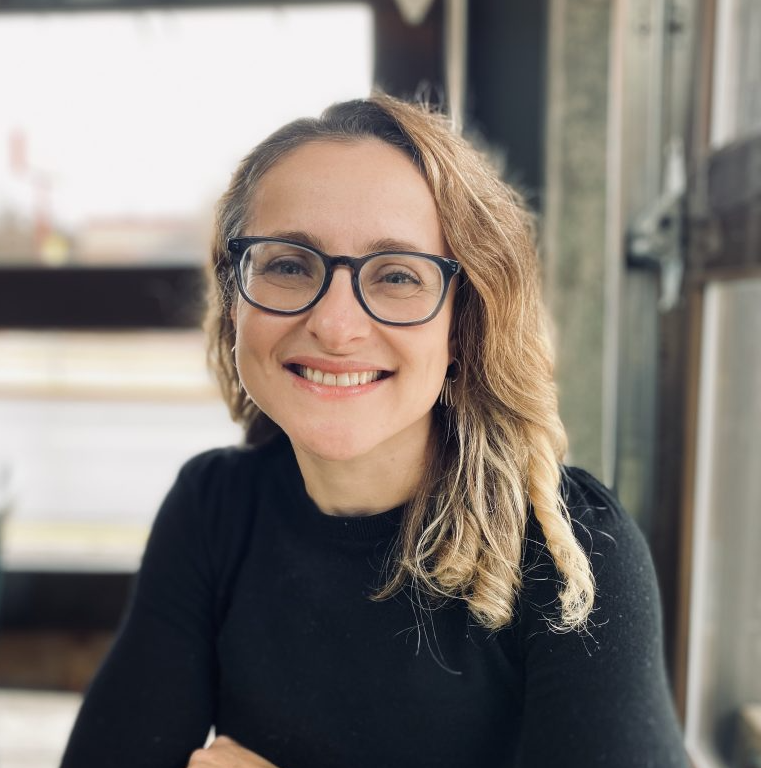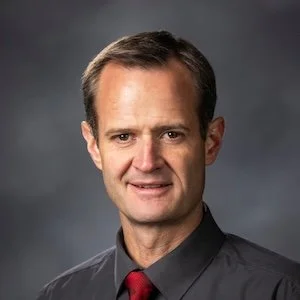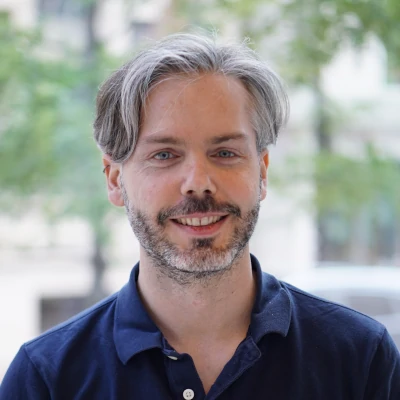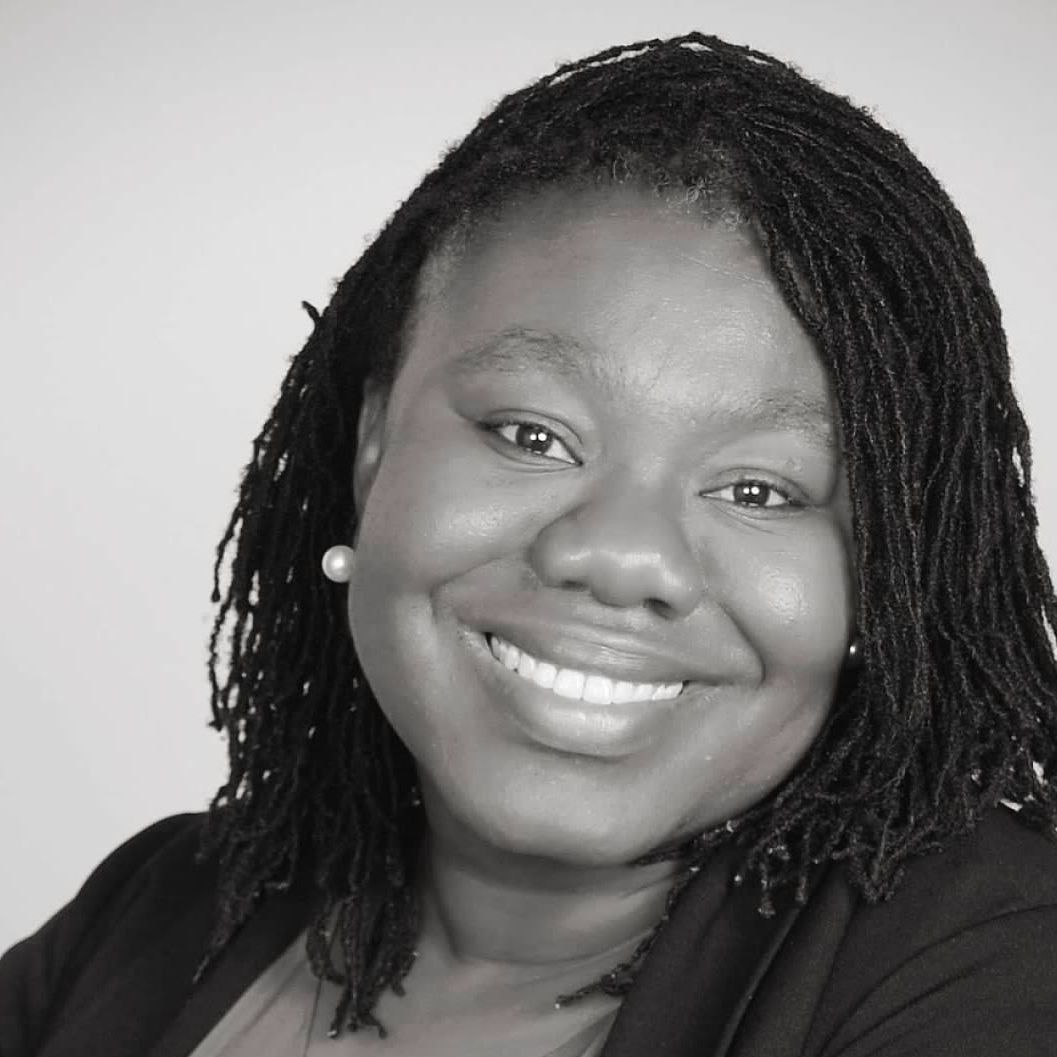
BioC2024: Where Software and Biology Connect
July 24-26, 2024
Grand Rapids, MI, Van Andel Institute
The BioC2024 hybrid conference will take place in Grand Rapids, MI
at the Van Andel Institute.
Mark your calendar
February 19: Call for abstracts and scholarship application opens
March 1: Registration for BioC2024 and sticker contest opens
April 1: Call for abstracts and sticker contest closes
April 17: Notification of abstract decision and sticker contest winner
May 15: In-person scholarship application closes
May 22: Notification of scholarship awards; application for the Carpentries Workshop opens.
May 31: Early registration fee period ends, regular registration fees start
July 10: In person registration closes (virtual registration remains open)
July 22-23: Pre-conference workshop; more info here
July 24-26, 2024: The BioC2024 conference!
Speakers
-

Sündüz Keleş, PhD
Professor
University of Wisconsin-MadisonResearch in Keles group focuses on unraveling molecular-level developmental and disease mechanisms by understanding genome regulation. Their work revolves around innovating statistical and computational methods tailored for high-throughput sequencing data analysis, including ChIP-seq, eCLIP-seq, and Hi-C. Current research themes encompass developing statistical methods and software to explore repetitive genome regions using data from high-throughput sequencing technologies like ChIP-seq and Hi-C. The group also pioneers integrative analysis frameworks, leveraging diverse public data (epigenome, scRNA-seq, GWAS data) to decipher the impact of noncoding association SNPs on genome regulation.
-

Stephen Piccolo, PhD
Associate Professor
Brigham Young UniversityThe Piccolo lab aims to revolutionize biology and human health through transformative discoveries enabled by advanced computational approaches. Recent biotechnological strides allow extensive profiling of organisms, tissues, and cells, unveiling unprecedented insights. High-throughput molecular profiling identifies DNA variation and quantifies RNA transcripts, proteins, and metabolites, offering immense potential for understanding biological processes and disease mechanisms. To harness the full power of these complex datasets, an interdisciplinary approach is pivotal. The lab seamlessly integrates knowledge and techniques from biology, computer science, medicine, and statistics, fostering a holistic understanding. Their work spans various fields, highlighting the significance of collaboration in realizing impactful discoveries.
-

Luca Pinello, Ph.D.
Associate ProfessorMassachusetts General Hospital and Harvard Medical School
Dr. Pinello had the good fortune to be part of the “omics” revolution and the opportunity to work on many computationally-challenging problems since he was an undergraduate student. During his postdoctoral research with Prof. Guo-Cheng Yuan at Dana-Farber Cancer Institute/Harvard School of Public health he studied the role of chromatin structure in gene regulation and developed computational methods for single cell analysis and epigenomics. He has a background in computer science and extensive experience in machine learning, data mining and web technologies. His research program uses computational approaches to systematically analyze the sources of variation that affect gene regulation: epigenetic variation, genetic variation and (single-cell) gene expression variability.
-

Sandra Safo, PhD
Assistant Professor
University of MinnesotaDr. Safo is interested in developing statistical methods and computational tools to help identify risk factors for complex diseases. Specifically, she has been developing multivariate statistical methods, statistical learning (including classification, discriminant analysis, association studies), data integration, and feature selection methods for high-dimensional data. Currently, she develops methods for integrative analysis of “omics” (including genomics, transcriptomics, and metabolomics) and clinical data to help elucidate the complex interactions of these multifaceted data types. Her current application is CVD in HIV-infected women. She am also interested in epidemiologic research in CVD, diabetes, and diabetes complications.
-
Joshua Welch, PhD
Associate Professor
University of Michigan Medical SchoolJoshua Welch’s research focuses on developing machine learning and artificial intelligence approaches for analyzing single-cell and spatial transcriptomic data. For more than a decade, he has been fascinated by the question of how a single genome encodes the blueprint for so many distinct cellular phenotypes. He is particularly interested in how gene regulatory mechanisms create thousands of distinct types of neurons, and how these regulatory mechanisms break down in disease. His group has developed a number of computational approaches that use machine learning and AI to find new answers to these questions using new experimental technologies, such as single-cell genomics and spatial transcriptomics.
Thank you to our sponsors!
Gold Sponsors
Silver Sponsors
2024 Host
Van Andel Institute
333 Bostwick Ave NE, Grand Rapids, MI 49503





